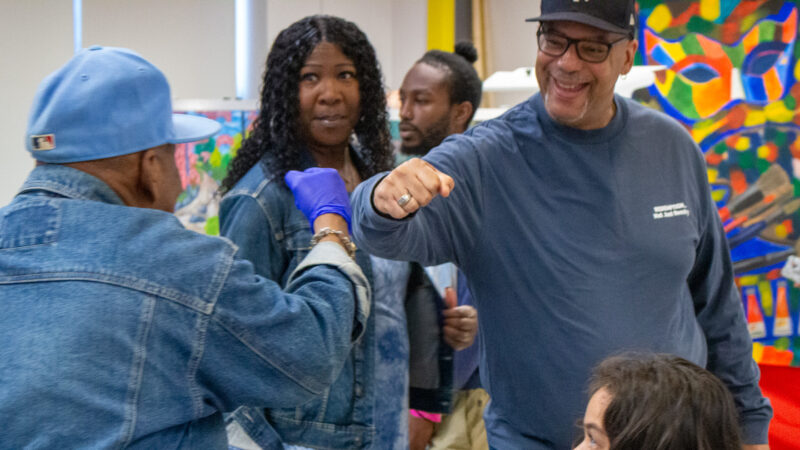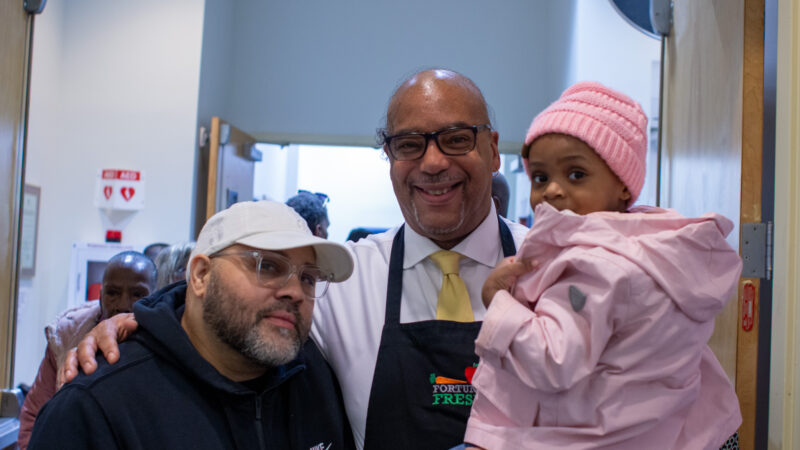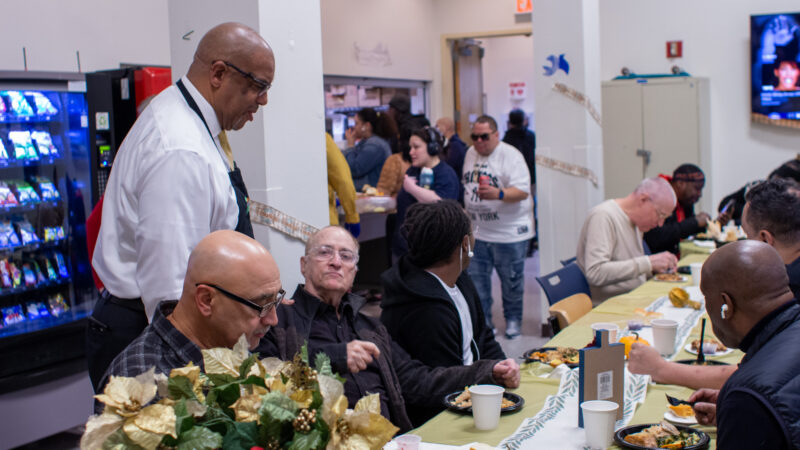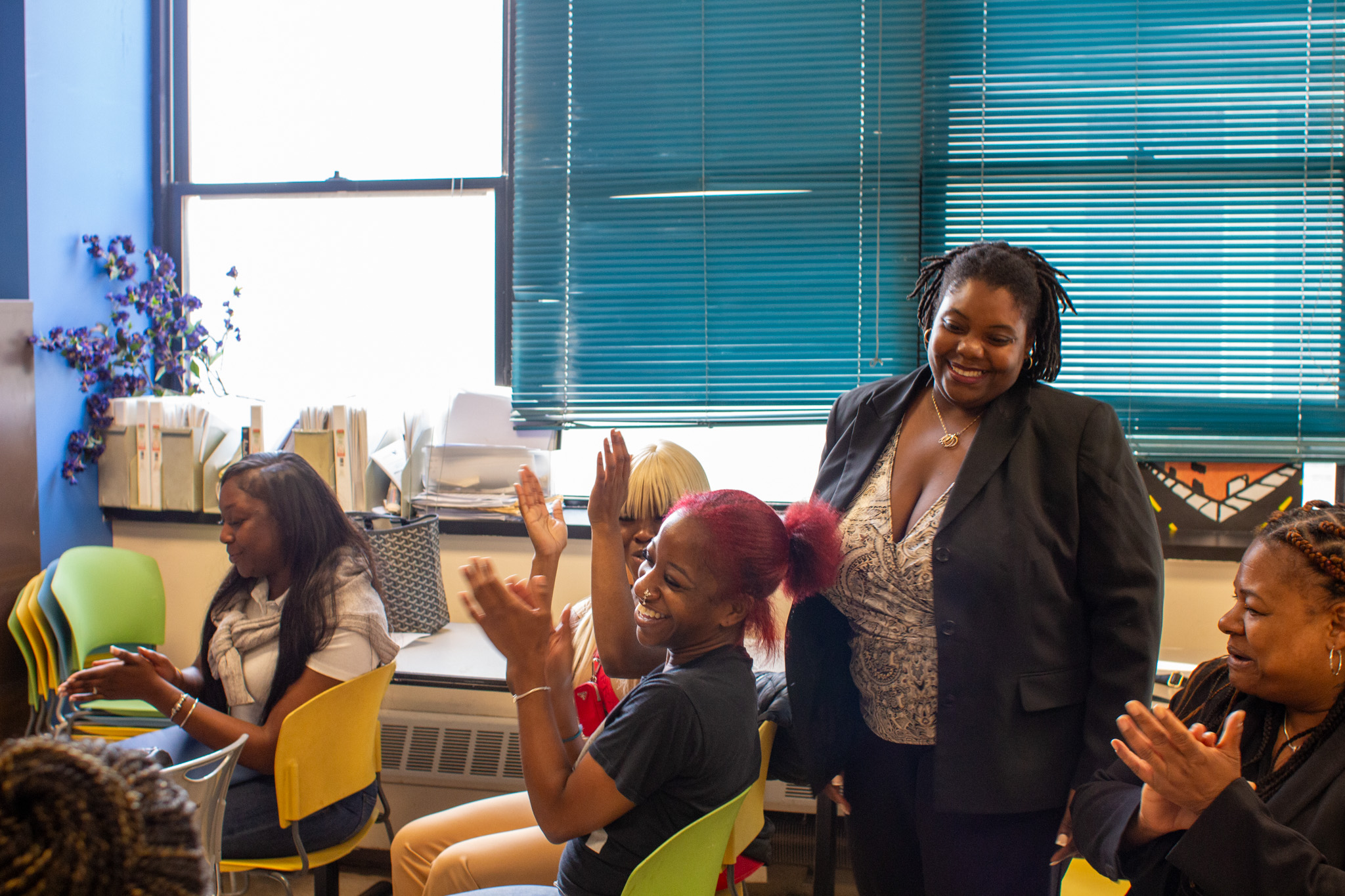BLOG
- CRIS-J
- Atlas HOPE
- Women Rising
- Supervised Release
- Digital Equity
- Recovery (the NEST)
- Care Management
- Housing
- Employment Services
- Education
- Family Services
- Alternatives to Incarceration
- Mental Health
- Substance Use
- Treatment Services
- Health Services
- Benefits Application Assistance
- Food and Nutrition
- Creative Arts
- Transitional Services
- DRCPP
- Events
- Participant Stories
- 2024
- 2025
- 2026
- AAPI
- activities
- advocacy
- affordable housing
- album release
- Annual Gala
- Anthony Rivera
- art
- Arts
- Arts Festival
- Asian American
- ATI
- Atlas
- Behind Bars
- Behind the bird
- benefits
- benefits access
- Better Living Center
- Beyond Release
- Black History Month
- BLC
- Bloomberg Fellowship
- book club
- bronx
- business owner
- C-CAP
- Career
- career readiness
- Career Readiness for Reentry
- career success
- CARES Act
- case management
- case manager
- Castle
- Castle Gardens
- CEO
- chef troy
- Children
- choir
- Community
- community event
- counseling
- court advocacy
- court mandate
- creative
- Creative Arts
- CRIS-J
- culinary arts
- cybersecurity awareness month
- david rothenberg
- David Rothenberg Center for Public Policy
- DE
- DEI
- Delacorte
- desistance
- dest2nation
- Digital
- Digital Divide
- digital equity
- digital skills
- Diversity Equity and Inclusion
- donate
- DRCPP
- Drone
- Education
- election
- employment
- employment assistance
- employment services
- emplyoment
- entrepreneurship
- event
- exhibition
- fair chance for housing
- fair housing
- Fair Housing Month
- family
- family services
- Father's Day
- fatherhood
- food
- food and nutrition
- food insecurity
- food pantry
- food pantry bronx
- Fortune Faces
- Fortune Flyers
- Fortune Fresh. food access
- Fortune News
- fortune programs
- Fortune Singers
- Fortune staff
- Fortune50
- Freedom House
- fundraising
- Gala
- Gala2021
- gallery
- gardening
- GED
- giving
- Grow with Google
- guide
- GWG
- healing
- health
- healthcare
- Healthcare Coordination
- healthy lifestyle
- Heritage Month
- HIV
- HIV/AIDS
- holiday party
- Hope and Justice
- housing
- HSE
- identity theft
- interns
- internship
- Joe's Pub
- Journey
- Justice in Action
- Labor Day
- leadership
- learning
- legislation
- legislative priorities
- LGBT
- LGBTQ
- LGBTQIA+
- mandaela
- Mandaela Community
- Marathon
- Martin Luther King Day
- mass incarceration
- Medicaid
- medical student
- Mental Health
- mental health treatment
- mentor
- mixtape
- mock interview
- MoMA
- MoMA PS1
- mothers day
- Music Cafe
- musical
- Native American
- NEST
- new hire
- new program
- new year
- New Year Message
- New York City
- newsletter
- nutrition
- nutrition counseling
- NYC Marathon
- online safety
- organizing
- Pacific Islander
- pantry
- parenting
- parents
- Participant Stories
- Path
- peer support
- Performance
- performing arts
- policy
- policy center collective
- Pride
- Pride Month
- priorities
- professional
- professional development
- public benefits
- public health
- Public Theater
- Public Works
- readiness
- reconnecting
- Recovery
- reentry
- research
- Resource Guide
- resources
- RISE
- Rob DeLeon
- robotics
- Runner
- service center
- Shakespeare in the Park
- Shelter
- skill building
- skills building
- sky garden
- SNAP
- Solitary Confinement
- spring
- SRP
- staff
- staff highlight
- staff stories
- Stanley
- Stanley Richards
- storytelling
- substance use
- substance use treatment
- Success
- success story
- successful reentry
- supervised release
- support
- supportive housing
- Systems Babies
- Tax
- tax season
- Taxes
- Tech
- Tech Fair
- tech workshops
- tempest
- Thanksgiving
- The NEST
- theatre
- therapy
- trans women
- transitional services
- treatment
- visual art
- Volunteer
- volunteering
- voting
- webinar
- weekly groups
- WHM
- WIBO
- women
- Women rising
- Womens History Month
- workshop
- YEC
- youth
- youth justice

A Journey of Leadership with President and CEO Stanley Richards
As the President and CEO of The Fortune Society, Stanley Richards is a pillar of the Fortune community. Stanley was first hired in 1991 and has remained committed to serving individuals impacted by the criminal legal system ever since.
We sat down with Stanley to learn more about his years at Fortune and how he has grown into the remarkable leader we know today.
Very early on, Stanley learned that Fortune is unlike many other reentry organizations. He felt aligned with Fortune’s commitment to every participant’s wellbeing, whether they just walked through the doors or they’re coming back for assistance ten years later.
“Fortune is a place that, when you walk in here, you can see the work happening,” Stanley said. “But it's also about how people feel connected to this community and why we do the work that we do. That has always brought me back to Fortune. It's what drives me in this work.”
Stanley’s first role at Fortune was with Admissions, formerly known as the Counseling Unit, as a counselor. He welcomed new participants to Fortune, conducted intakes and connected people with necessary services at the agency. Stanley described this work as the joy of his life, and he is proud that this was the starting point of his career in criminal legal system reform.
“I made the decision when I was incarcerated to dedicate my life to helping others realize that they didn’t have to live in a cycle of incarceration,” Stanley explained. “I wanted to find an organization where I could offer what I’ve learned and the skills that I was bringing to the table.”
Stanley’s first role at Fortune was with Admissions, formerly known as the Counseling Unit, as a counselor. He welcomed new participants to Fortune, conducted intakes and connected people with necessary services at the agency. Stanley described this work as the joy of his life, and he is proud that this was the starting point of his career in criminal legal system reform.
“I made the decision when I was incarcerated to dedicate my life to helping others realize that they didn’t have to live in a cycle of incarceration,” Stanley explained. “I wanted to find an organization where I could offer what I’ve learned and the skills that I was bringing to the table.”
Stanley noted the incredible value of working within Fortune’s various programs, and his experience informs how he approaches his work now. Having had a hand in Admissions, Employment Services and Education, and various other programs, Stanley understands how our services work together to best serve participants.
“Every program we have, I have been involved with either growing it or starting it,” Stanley explained. “All the roles I had, going back to when we first launched the Drop-in Center, or when we opened the Castle. It all provided me the opportunity to see how serving the full range of needs of our participants can have generational impact. When you think about the vision of how all these pieces work together, we have created a place where you can come in any door and get access to the community and get everything you need.”
During his time at Fortune, Stanley has drawn from his lived experience to deliver quality care and support to participants. Whether he worked in Admissions, Employment Services, or, as he now serves, as President and CEO, he consistently approaches his work with sensitivity and understanding.
“My philosophy is, you show up in the way you want people to show up, and you treat people the way you want to be treated,” Stanley said. “You see people not from a place of deficit or what they did wrong, but from a place of understanding that they have what it takes to succeed.”
That philosophy applies to how he leads Fortune and how he engages with staff and participants. Stanley can be seen walking around our multiple sites, talking and checking in with staff and participants, and always extending time to listen and engage. He often quotes one of his mentors and friend, Kenneth Sole – “The health of pathology of those in authority will be manifested in those with lessor authority”, and adds that “For those of us leading organizations, directing programs or providing services like running a group, we must show up in ways that affirm the best in people.”






